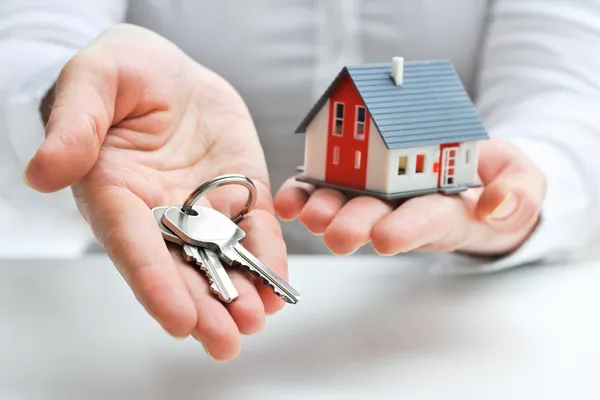Things to Consider When Buying a Home That You Might Overlook
Purchasing a home is an exhilarating milestone, but it comes with a multitude of considerations beyond the aesthetic appeal and structural integrity. From financial implications to lifestyle adjustments, here are some often-overlooked aspects to keep in mind when buying a home.
1. Home Insurance and Its Costs
While many people think of home insurance as a necessary formality, understanding its full scope is crucial. Home insurance not only covers the structure and contents in case of damage or theft but also includes liability protection in case someone gets injured on your property. The cost of insurance can vary widely based on location, the age of the home, and the coverage options you choose. It’s worth getting quotes from several providers and understanding what each policy covers. Remember to factor this into your monthly budget, as it’s a recurring cost that can impact your overall financial plan. If you own a high value home or valuable assets, you may need specialized high value house insurance to ensure that your property and possessions are adequately covered against potential risks.
2. Property Taxes and Local Tax Rates
Property taxes can significantly impact your long-term affordability. These taxes are assessed by local governments and can vary widely based on the home’s location and value. Research the tax rates in the area where you’re buying and consider how they might change over time. Some regions have higher property taxes than others, and these can affect your monthly payments and overall budget.
3. Hidden Costs of Home Maintenance
Homeownership extends beyond the purchase price. Maintenance and repair costs can add up quickly. These expenses can be substantial, from seasonal tasks like gutter cleaning and lawn care to unexpected repairs such as plumbing issues or roof leaks. Setting aside a portion of your budget for regular maintenance and unexpected repairs is wise. A general rule of thumb is to save 1-2% of your home’s value each year for maintenance.
4. Utilities and Energy Costs
Utility costs are another aspect of homeownership that often gets overlooked. Depending on the size of the home, the number of occupants, and the local climate, utility bills can vary significantly. Consider the energy efficiency of the home and the potential costs of heating, cooling, water, and electricity. Look for energy-efficient appliances and insulation, which can help reduce long-term utility expenses.
5. Homeowners Association (HOA) Fees and Rules
If you’re buying a property within a community governed by a Homeowners Association (HOA), be aware of the associated fees and rules. HOA fees can cover community amenities, maintenance of common areas, and other services, but they can also be quite high. Additionally, HOA rules can affect everything from exterior paint colors to landscaping. Make sure to review the HOA’s guidelines and financial health before committing.
6. Future Resale Value
Even if you plan to live in your new home for many years, it’s wise to consider its future resale value. Factors such as location, neighborhood trends, and potential for area development can impact how well the property retains or increases its value. Research local real estate trends and talk to real estate agents about the property’s long-term prospects.
7. Commute and Transportation
The convenience of your daily commute is an essential aspect of homeownership that can affect your quality of life. Evaluate the distance and time required to reach your workplace, schools, and essential services. Consider the availability of public transportation if that’s important to you. A longer commute can lead to increased expenses and time lost, impacting your overall satisfaction with your new home.
8. Emergency Preparedness
Lastly, consider how prepared your new home is for emergencies. Check the condition of smoke detectors, carbon monoxide detectors, and fire extinguishers. Ensure that you have a plan for emergencies and know the location of shut-off valves for gas, water, and electricity. Being prepared can prevent small issues from becoming major problems.
Conclusion
Buying a home is an exciting journey with many factors to consider. Beyond the initial purchase price and aesthetic appeal, it’s crucial to account for ongoing costs, maintenance, and lifestyle adjustments. Considering these often-overlooked aspects, you can ensure a smoother transition into your new home and a more secure and enjoyable homeownership experience.




